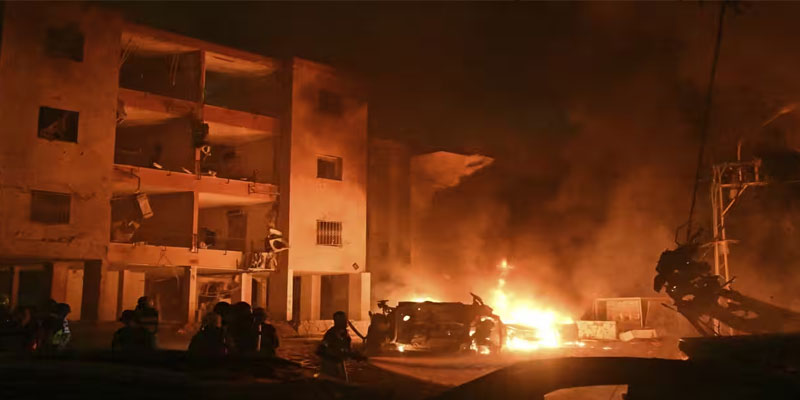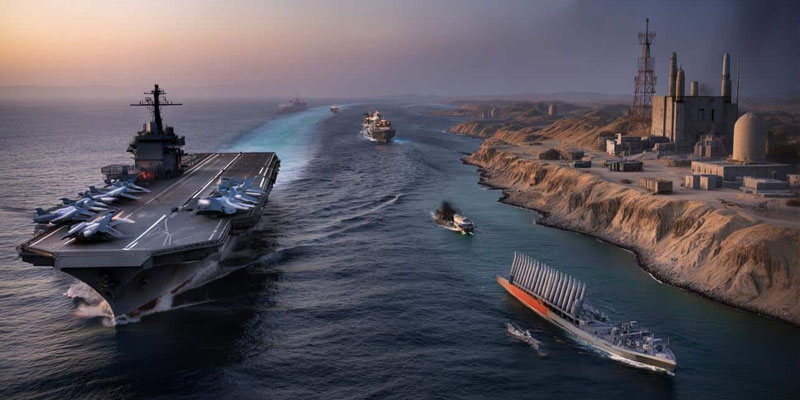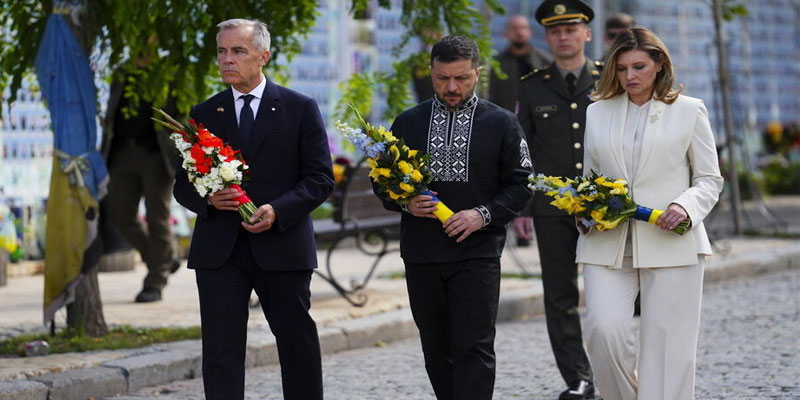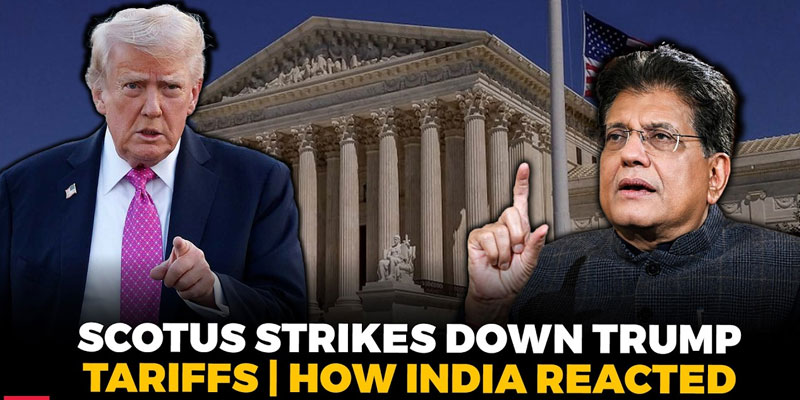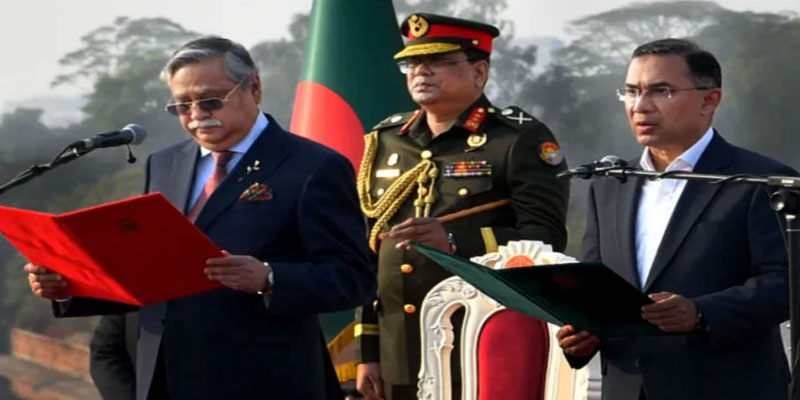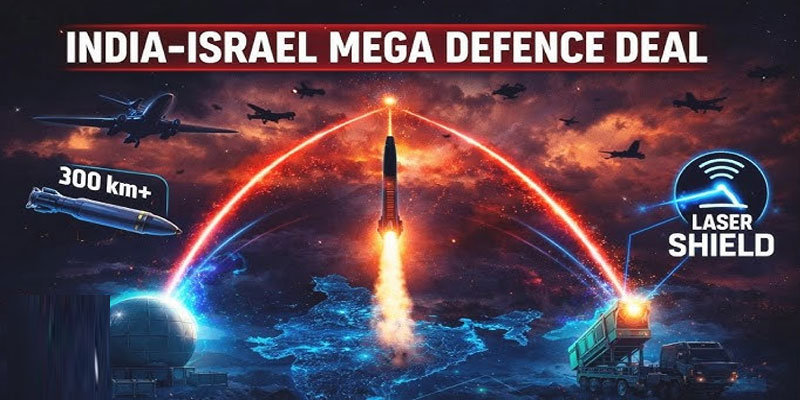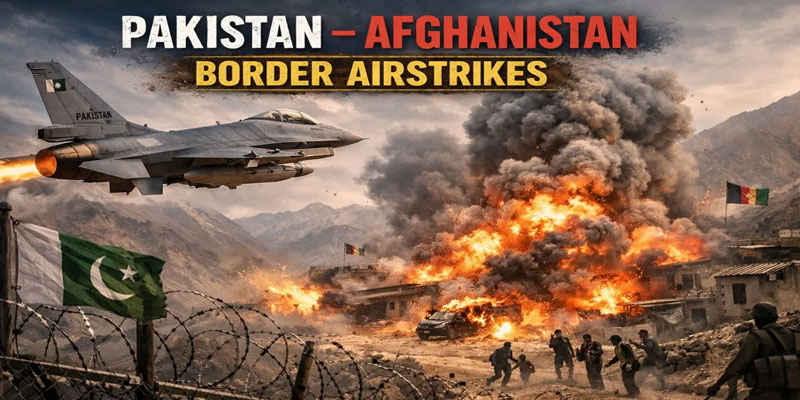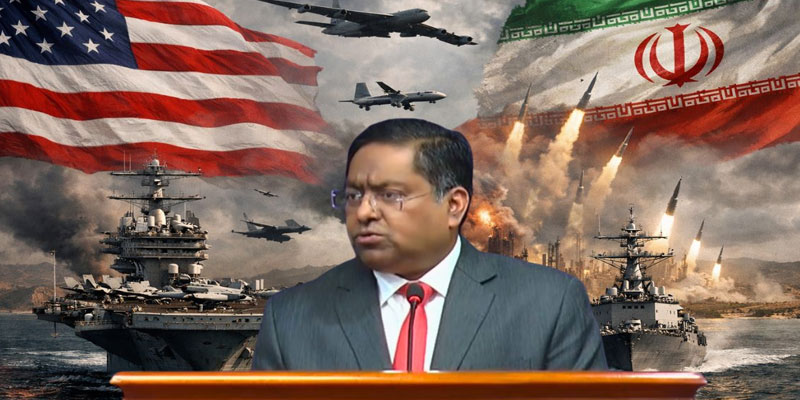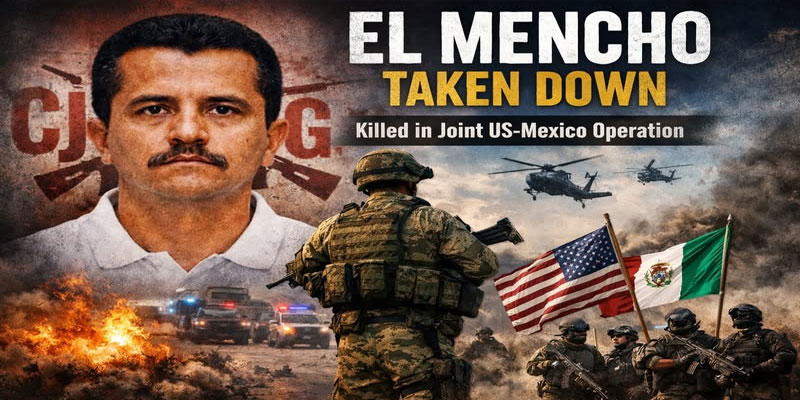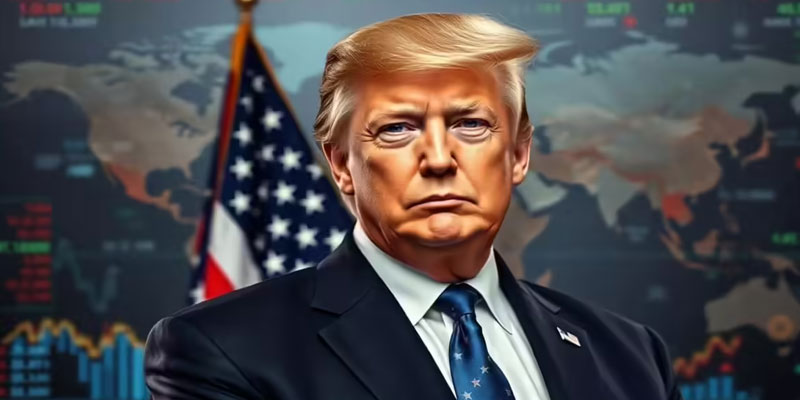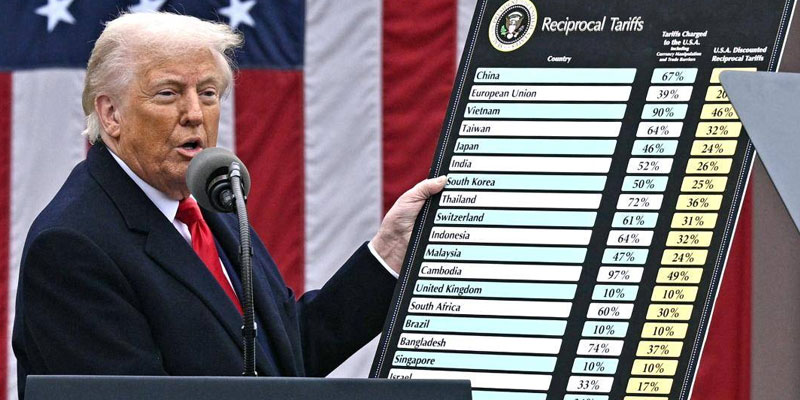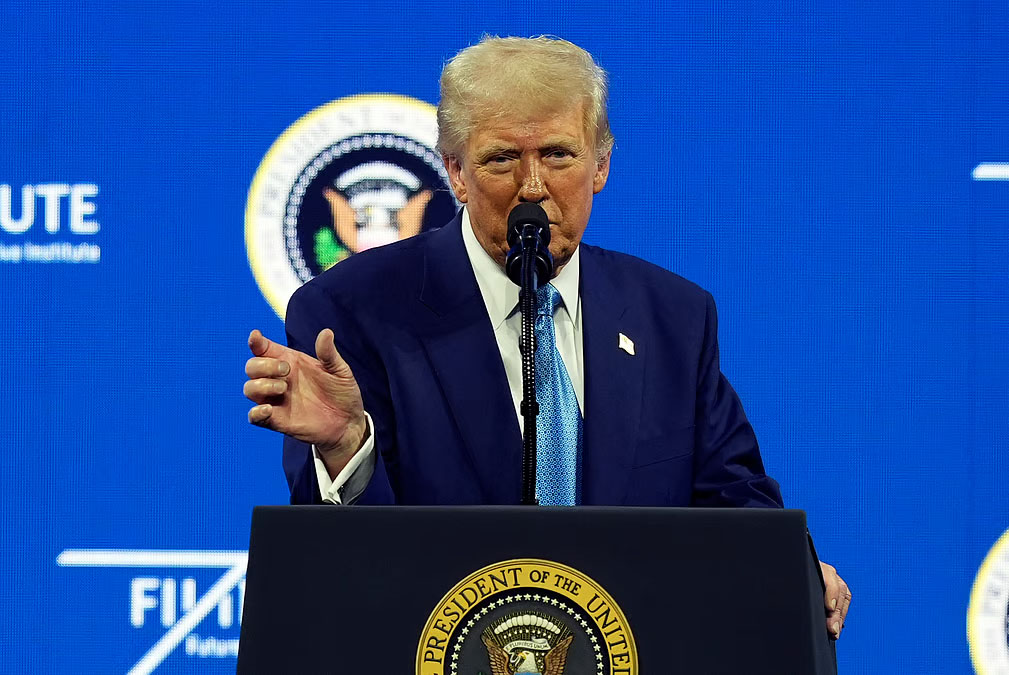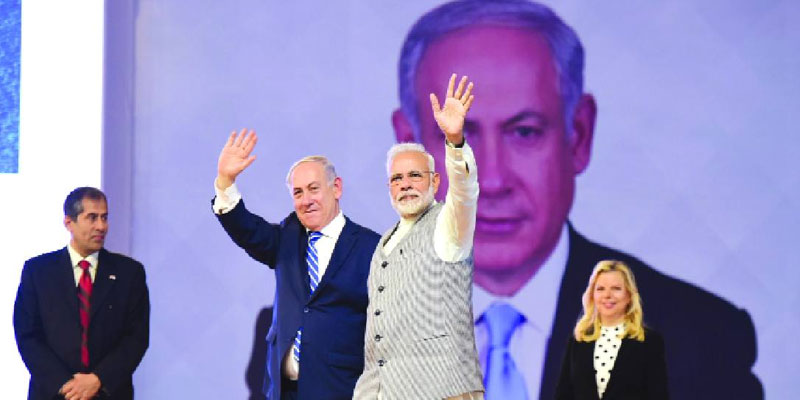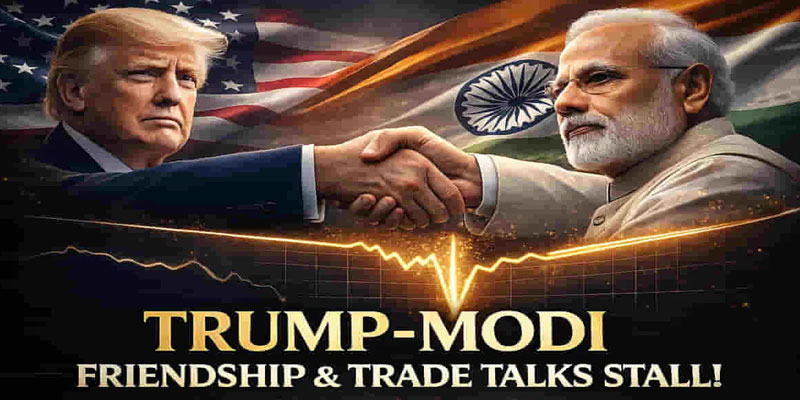No Truce in Sight: Iran Dismisses Ceasefire Amid Escalating Strikes
In a major setback to diplomatic efforts, Iran has declared it is not open to ceasefire talks, even as Israel continues a fierce aerial campaign targeting Iranian missile and weapons facilities. Iranian officials made the announcement Monday, just hours after Israeli jets struck multiple IRGC Quds Force command centers, fueling fears that the conflict may spiral out of control.
The missile exchanges and retaliatory airstrikes have already claimed over 250 lives across both nations. Meanwhile, world leaders, including U.S. President Donald Trump and Chinese officials, have called for de-escalation, but Tehran remains defiant, citing its right to respond to Israeli aggression.
A Region in Flames: The Current State of the Iran-Israel War
The Iran-Israel war, which erupted into full-scale conflict last Friday, has quickly evolved into one of the most dangerous flashpoints in the Middle East in years. What began as a targeted Israeli airstrike on Iran’s nuclear facilities and top military brass has snowballed into a deadly back-and-forth exchange of missiles, drones, and retaliatory attacks.
On Sunday, Iran struck deep into Israeli territory, killing eight civilians in cities like Haifa and Petah Tikva. Israel responded with devastating raids on key Iranian military infrastructure, specifically targeting the Quds Force, the elite branch of Iran’s Revolutionary Guard Corps accused of coordinating proxy attacks on Israeli soil.
In Iran, over 220 people have been confirmed dead, with many more wounded as airstrikes rock cities including Tehran, Isfahan, and Shiraz. Yet despite mounting casualties, Iranian leaders remain adamant: no ceasefire, no compromise.
Missile Wars and Regional Ripples: Strategic Strikes and Civilian Fallout
The Israel Defense Forces (IDF) have activated their full missile defense arsenal, including Arrow, David’s Sling, and Iron Dome, to counter the massive barrage of Iranian projectiles. The IDF confirmed it has neutralized several Quds Force command posts, which they claim were being used to coordinate attacks via Iran’s regional proxies, including Hezbollah and Hamas.
Israel’s Foreign Minister Gideon Sa’ar insisted that regime change is not the goal, but rather the dismantling of Iran’s nuclear and ballistic capabilities. He warned the global community that Iran could be within six months of developing up to nine nuclear weapons.
Meanwhile, the conflict’s effects are spilling into neighboring countries. In Pakistan’s Balochistan province, a major fuel crisis has erupted due to disrupted Iranian fuel smuggling routes. Petrol stations are closing, and panic has set in among locals—a stark reminder that this war is already reshaping regional economics and stability.
Global Pleas for Peace: World Powers Call for Restraint
Amid the rising death toll and fear of broader regional war, global leaders are scrambling to prevent further escalation. President Donald Trump, speaking on Truth Social, urged both sides to “make a deal,” claiming that “many calls and meetings” are already underway behind the scenes. China, too, has stepped in, calling for immediate de-escalation and a return to dialogue.
Despite the efforts, Iran's refusal to engage in ceasefire talks has dimmed hopes. Tehran views Israel’s actions as existential threats and has vowed to respond with even greater force if provoked further.
The UN Security Council is expected to convene an emergency session, but with entrenched positions and escalating rhetoric, diplomacy may be racing against time.
Edge of a Catastrophe—The Time to Act Is Now
The Iran-Israel conflict is no longer just a bilateral standoff—it is a volatile, multi-dimensional crisis with global implications. As the missiles fall and diplomatic channels falter, the world must recognize the urgency of collective intervention.
Without immediate, forceful international mediation, this war risks igniting a wider regional conflict—drawing in global powers, disrupting global oil routes, and costing countless more lives. The time for statements has passed; the time for decisive diplomacy is now.
(With agency inputs)


